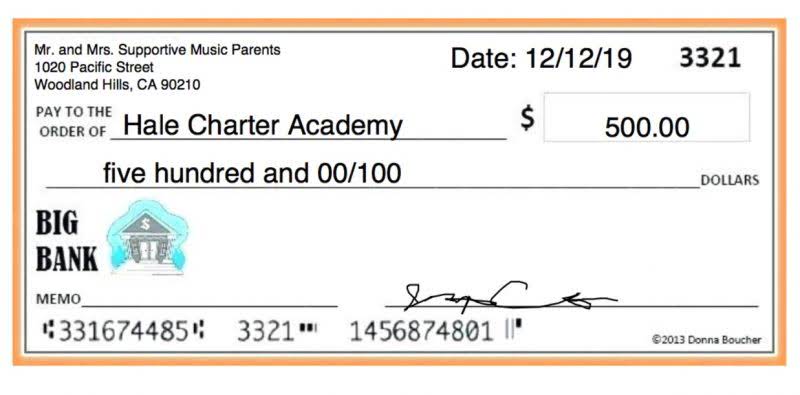Bookkeeping
Virtual Bookkeeping Services

Don’t miss the opportunity to enhance your financial management and focus more on your mission. Maintaining accurate and up-to-date records is the cornerstone of effective non profit bookkeeping. Proper record-keeping ensures that financial data is reliable and readily available for decision-making, reporting, and compliance purposes. Nonprofit bookkeeping is the process of entering, classifying, and organizing financial data for the purpose of creating accurate financial records for your organization.

Thousands of businesses use QuickBooks Live Expert1
Your accounting system must now capture environmental data alongside financial information, creating integrated reports that demonstrate both fiscal responsibility and environmental stewardship. When the local rotary club donates $5,000 for youth programs, you must Catch Up Bookkeeping ensure that every dollar is used exactly as specified. If you have utilized these funds within the same financial year, they should align with the program’s purpose of donation.
Why Nonprofits Shouldn’t Rely on the Executive Directors or Board of Directors for Accounting
- See how connecting with experts one-on-one gives this busy voice-over artist the confidence her books are done right and frees up time for the things she loves to do.
- His in-depth knowledge of the American tax system has made him a go-to resource for individuals and businesses seeking to navigate complex tax landscapes.
- For-profit financial statements are the balance sheet, income statement, and cash flow statement.
- Clear accounting principles form the backbone of nonprofit transparency.
In some cases, the money becomes unrestricted when a timeline ends or the objective is met. In other cases, unspent restricted funds may need to be returned to the grant maker or donor. Not only is nonprofit bookkeeping different from its for-profit counterpart, but a bookkeeper is just one accounting services for nonprofit organizations of the professionals you should have working on your organization’s finances. Let’s begin by clearing up these points of confusion and ensuring we’re all on the same page about what bookkeeping is. Start with a code of ethics for your organization as a part of your movement to keep your nonprofit bookkeeping records safe.
Track income and expenses
- But, there are still plenty of financial reporting obligations that need to be on your radar.
- Accurate documentation distinguishes between these categories, guiding how each donation can be used to support your organization’s mission.
- It allows nonprofits to focus on serving their mission while meeting all statutory compliances expertly.
- When recording donations for a nonprofit, there must be a distinction between unrestricted and restricted funds.
- You can sign up for Payoneer, which can be useful as it offers discounted transaction fees and super-fast payments, which can be beneficial for nonprofit organizations.
- By the end of this guide, you’ll have the skills to confidently manage your nonprofit’s accounting needs.
- An in-kind donation or a gift in kind represents a donation of goods or services instead of money for purchasing goods and services.
However, as soon as the financial year ends, these funds are categorized as unrestricted. Navigating through the financial aspect to maximize your mission impact is a daunting task. Here is a nonprofit accounting guide – a walk-through of the financial chapters that adorn your nonprofit’s story. When selecting the right bookkeeper for your nonprofit, you’ll need to decide between hiring an in-house bookkeeper or outsourcing to a virtual service. Each option has its unique advantages for your nonprofit’s financial management.

Choosing the Right Software

In addition to obtaining federal tax exemption, nonprofits may be required to register with the state where they operate. Having organized and well-documented records makes it easier for auditors to verify the accuracy of your financial statements. Following these best practices for auditing and reporting will ensure compliance with regulations and promote transparency and trust within gross vs net your organization. Likewise, the cash flow statement tracks the inflow and outflow of cash over a specific period.

- If you have multiple endowments, grants or restricted large-dollar donations, it is recommended that you track them each in their own fund.
- You’ll need to file Form 990 with the IRS, which anyone can look up online.
- As the head of a nonprofit, you are obligated to act responsibly and manage the provided funds with care.
- Handling donor funds is one of the most prominent challenges you’ll face when running a nonprofit.
- In addition to these tools and resources, nonprofits should consult a CPA to ensure that all financial records are accurate and up-to-date and to obtain valuable budgeting and financial planning advice.
- Even if a nonprofit is tax-exempt, it doesn’t mean that no taxes are owed.
Like any organization that handles cash flow and pays taxes, nonprofits should invest in a professional accounting and finance team. This is all information that the IRS and your state will likely want details concerning. Again with regard to the IRS, program accomplishment data and fundraiser details are required disclosures on Form 990 for nonprofits filing anything greater than a Form 990-N. Your state fundraising registration renewal may seek some of these details as well, particularly details on fundraising events. Unfortunately, this is an area we frequently see relegated to “we’ll get around to it” status, especially with smaller nonprofits.
Making this a priority will provide you with a better view of the progress your nonprofit is actually making, and provide your donors with peace of mind. Read our dedicated blog post for more information on cash vs. accrual accounting. Even after outsourcing begins, nonprofits need to manage the working relationship proactively. Regular communications, preferably monthly meetings, help exchange feedback and resolve issues.
